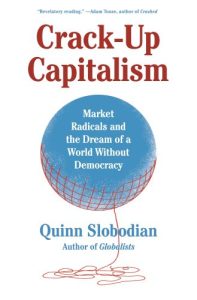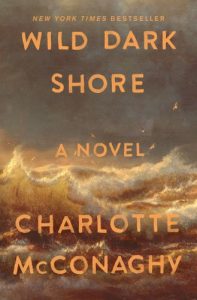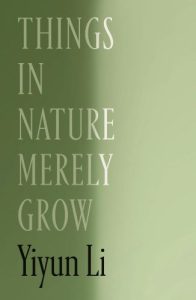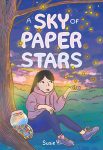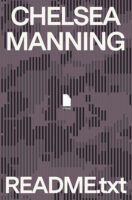
Review by Kevin Brown
Most people would think Keria D’Amato’s story is only for runners, as she is one of the elite female runners competing today. However, her new book goes beyond providing inspiration for those who run, as it’s a story about finding joy in what one loves, whether that’s running or any other vocation or avocation one might have.
D’Amato’s story seems counterintuitive. She was a strong runner when she was younger, but she struggled with injuries in her twenties, leading her to leave competitive running. She went about creating a life, as she started a business, got married, and had children. However, in her thirties, when many competitive runners are ending their careers, she accidentally began hers again. She was feeling overwhelmed by raising two children, often by herself, as her husband was in the military and was deployed for long periods of time, so she went for a run, not even making it three minutes.
However, during that short run, she began to find herself again, so she went back out again and again, slowly building back up in mileage and speed, while also gaining confidence and happiness. She began entering races and winning them, or at least exceeding her expectations, until she started running times that put her into the elite status where she now resides. Along the way, she finds community and joy, which are more important to her than any records she sets or races she wins. That’s what keeps her coming back to running, and it’s what she wants to impart to her readers more than any running advice one could imagine.
Don’t Call It a Comeback by Keira D’Amato, with Evelyn Spence. St. Martin’s Press, September 2025.
Reviewer bio: Kevin Brown has published three books of poetry: Liturgical Calendar: Poems (Wipf and Stock); A Lexicon of Lost Words (winner of the Violet Reed Haas Prize for Poetry, Snake Nation Press); and Exit Lines (Plain View Press). He also has a memoir, Another Way: Finding Faith, Then Finding It Again, and a book of scholarship, They Love to Tell the Stories: Five Contemporary Novelists Take on the Gospels.

